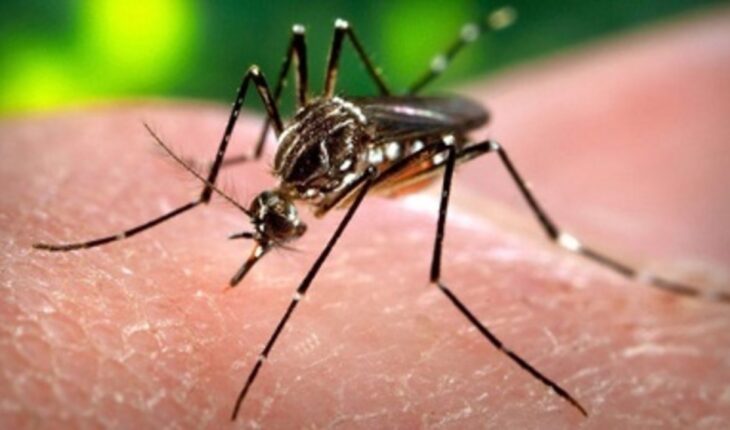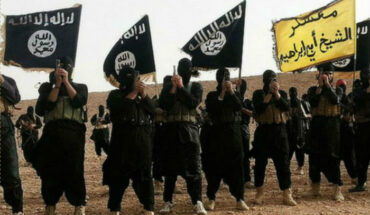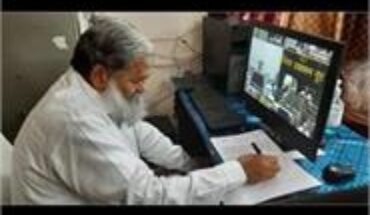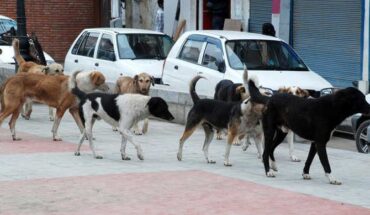As the Zika virus outbreak continues to spread — reaching 24 countries in the Americas, the World Health Organisation (WHO) has called on governments in the Middle East to work together to keep the region protected.
The session marks a historic turnaround for the National League for Democracy party, which for years was suppressed by the military. The party won 80 per cent of the elected seats in general elections in November for the upper and lower houses, qualifying it to form a government. The Southeast Asian nation started moving from a half-century of dictatorship toward democracy in 2011, when military rulers inexplicably agreed to hand over power to a nominally civilian government headed by President Thein Sein, a general turned reformist. He will stand down in late March or early April when an NLD president takes over. Suu Kyi is constitutionally barred from taking the presidency, and has vowed to rule from behind the scenes through a proxy. She has not announced who her party will nominate for president. Despite its landslide victory, the NLD in practice will have to share power with the military, for which the constitution reserves 25 per cent of the seats in parliament. Suu Kyi has met with senior military leaders to try to ensure a smooth change of government, and they have vowed not to interfere. Thein Sein’s Union Solidarity and Development Party, which is backed by the military, won a 2010 election in which the NLD refused to participate, protesting that it was held under unfair conditions. After several changes in the election law, the NLD contested several dozen by-elections in 2012, winning virtually all of them. The military has been in power since 1962, either directly or through a proxy government. It called an election in 1990, which Suu Kyi’s party won handsomely, only to see the results annulled by the military and many of its leading members harassed and jailed. Suu Kyi was put under house arrest prior to the 1990 election and spent 15 of the next 22 years mostly confined to her lakeside villa in Yangon. She was under house arrest when she won the 1991 Nobel Peace Prize.






